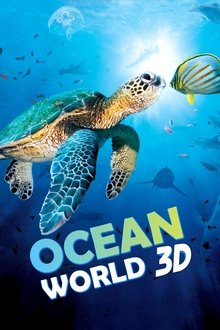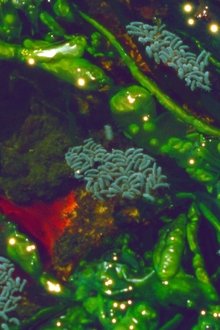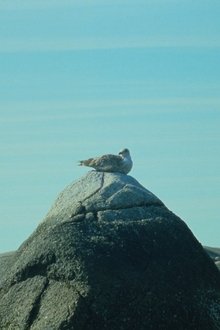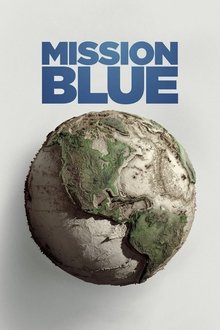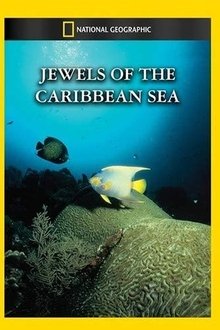An epic journey through the oceanic kingdom of the Atlantic Salmon in an attempt to unravel the mystery of their life at sea. Salmon are plummeting to critical levels. The cause is mortality at sea. For the 1st time, using the latest DNA technology, scientists are tracking the salmon from the rivers into the vast North Atlantic and back again, in hopes of finding an answer before it's too late.
Related Movies
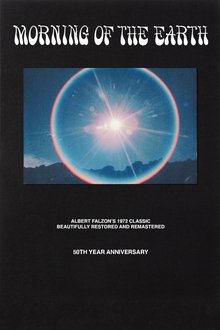
Morning of the Earth (1972)
In the early ‘70s, founding member of Australian surf magazine Tracks, Albert Falzon, began filming off the North Coast of New South Wales, Hawaii, and Indonesia. He set out to make a film “that was a reflection of the spirit of surfing at the time” and the end result, Morning of the Earth, proved its worth as a vital document of surf culture and a powerful nature film.
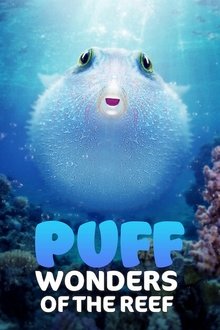
Puff: Wonders of the Reef (2021)
A baby pufferfish travels through a wondrous microworld full of fantastical creatures as he searches for a home on the Great Barrier Reef.
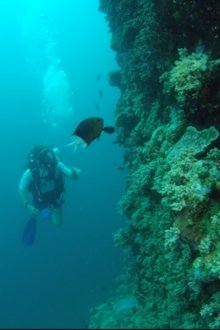
Wonders of the Great Barrier Reef with Iolo Williams (2018)
On the other side of the world under the crystal clear blue waters of the Pacific Ocean lies one of the most enchanting places on the planet. Over ten thousand miles away on the north eastern coast of Australia lies the Great Barrier Reef, one of the natural wonders of our world. It provides shelter to some hidden wildlife sanctuaries that contain some magical marine creatures. Invited on a reef adventure by Emmy Award-winning underwater cinematographer and marine biologist Richard Fitzpatrick, conservationist and naturalist Iolo Williams dives deep beneath the surface of the coral sea to discover what state this natural wonder is in. Together they travel from the extreme swells of the northern part of the reef right down to the cooler pristine corals of the south. They discover how healthy the Great Barrier Reef really is in some of its key locations to see and find out if there are real signs of hope the reef can survive the threat of global warming.

Tides of Tradition: The Life of Colonel Kong (2024)
Robert Kongaika runs from his family to join the military and becomes the first Tongan US Air Force Colonel. This is the true story of the island traditions, faith, and family that made him into the father he is today.
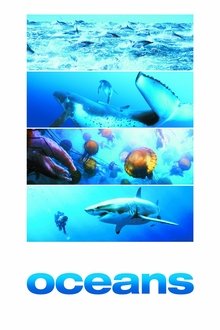
Oceans (2010)
An ecological drama/documentary, filmed throughout the globe. Part thriller, part meditation on the vanishing wonders of the sub-aquatic world.
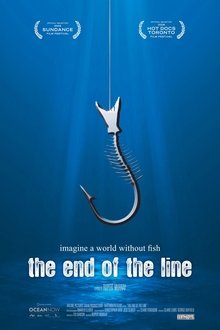
The End of the Line (2009)
Examines the devastating effect that overfishing has had on the world's fish populations and argues that drastic action must be taken to reverse these trends. Examines the imminent extinction of bluefin tuna, brought on by increasing western demand for sushi; the impact on marine life resulting in huge overpopulation of jellyfish; and the profound implications of a future world with no fish that would bring certain mass starvation.
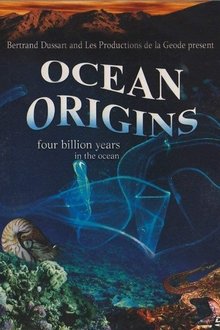
Origins of Life (2001)
A documentary that explores the natural world of the sea, from the single-celled organism to more complex forms of life, OCEAN ORIGINS was originally filmed in the IMAX large format, which adds a crispness and clarity to the images. This documentary film seeks to examine the process of evolution by looking at the many creatures of the sea that can illustrate the way multi-cellular life emerged over the course of four billion years. OCEAN ORIGINS is a creative film that uses fascinating documentary footage to look at scientific theories and principles in an interesting manner
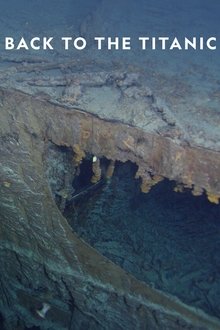
Back to the Titanic (2020)
Back to the Titanic documents the first manned dives to Titanic in nearly 15 years. New footage reveals fresh decay and sheds light on the ship’s future.
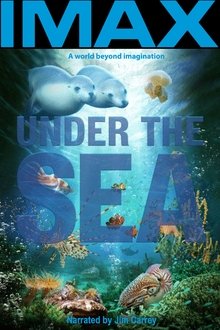
Under the Sea 3D (2009)
Imagine a world of incredible color and beauty. Of crabs wearing jellyfish for hats. Of fish disguised as frogs, stones and shag carpets. Of a kaleidoscope of life dancing and weaving, floating and darting in an underwater wonderland. Now, go explore it! Howard Hall and his filmmaking team, who brought you Deep Sea and Into the Deep, take you into tropical waters alive with adventure: the Great Barrier Reef and other South Pacific realms. Narrated by Jim Carrey and featuring astonishing camerawork, this amazing film brings you face to fin with Nature's marvels, from the terrible grandeur (and terrible teeth) of a Great White to the comic antics of a lovestruck cuttlefish. Excitement and fun run deep Under the Sea!

Secret World of Mollusks (2021)
Mollusks deserve a second chance to better their first impression since the world is truly one of a kind. Enter the secret world of mollusks!

Guardian (2019)
Guardian chronicles the work of wildlife stewards amid sweeping legislative rollbacks of environmental protections in Canada. Part hermit, part biologist, Guardians live on boats, full-time, in one of the last pristine frontiers of the world to monitor salmon, the backbone of the ecosystem, economy, and culture along British Columbia's coast. But, in an age of science censorship and soaring resource extraction in the form of fracking for oil and natural gas, Guardians and the wildlife they have dedicated their lives to protect are now disappearing.

Two Trees (2024)
In the early 1900s commercial loggers cut down an old growth spruce tree growing on a small island surrounded by tide pools on the coast of Maine. Out of the trunk of this ancient tree grew two new trees, side by side.
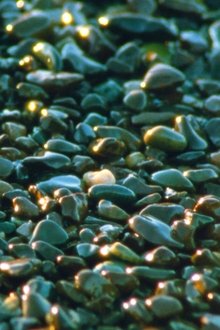
Jasper Beach and The Salt Marsh (2023)
A short film featuring a pebble beach and coastal salt marsh in Maine.

Alaska's Giant Bears (2023)
In Canada and Alaska, the consequences of global warming are being keenly felt by brown bears - but in different ways by different populations. Their survival depends mainly on the quantity of wild salmon available in the region, as it is the fruit of their catch that enables the bears to accumulate fat reserves for the winter. While salmon populations off Canada's Pacific coast continue to decline year after year, in the immense Bristol Bay in western Alaska, as well as on Kodiak Island, they are increasing considerably. The water temperature in the North Pacific is now ideal for salmon development. From Canada to Alaska, the documentary follows different bear populations over a two-year period.
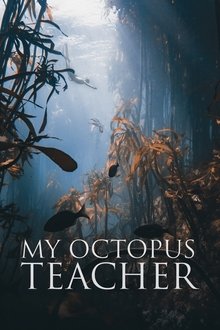
My Octopus Teacher (2020)
After years of swimming every day in the freezing ocean at the tip of Africa, Craig Foster meets an unlikely teacher: a young octopus who displays remarkable curiosity. Visiting her den and tracking her movements for months on end he eventually wins the animal’s trust and they develop a never-before-seen bond between human and wild animal.
